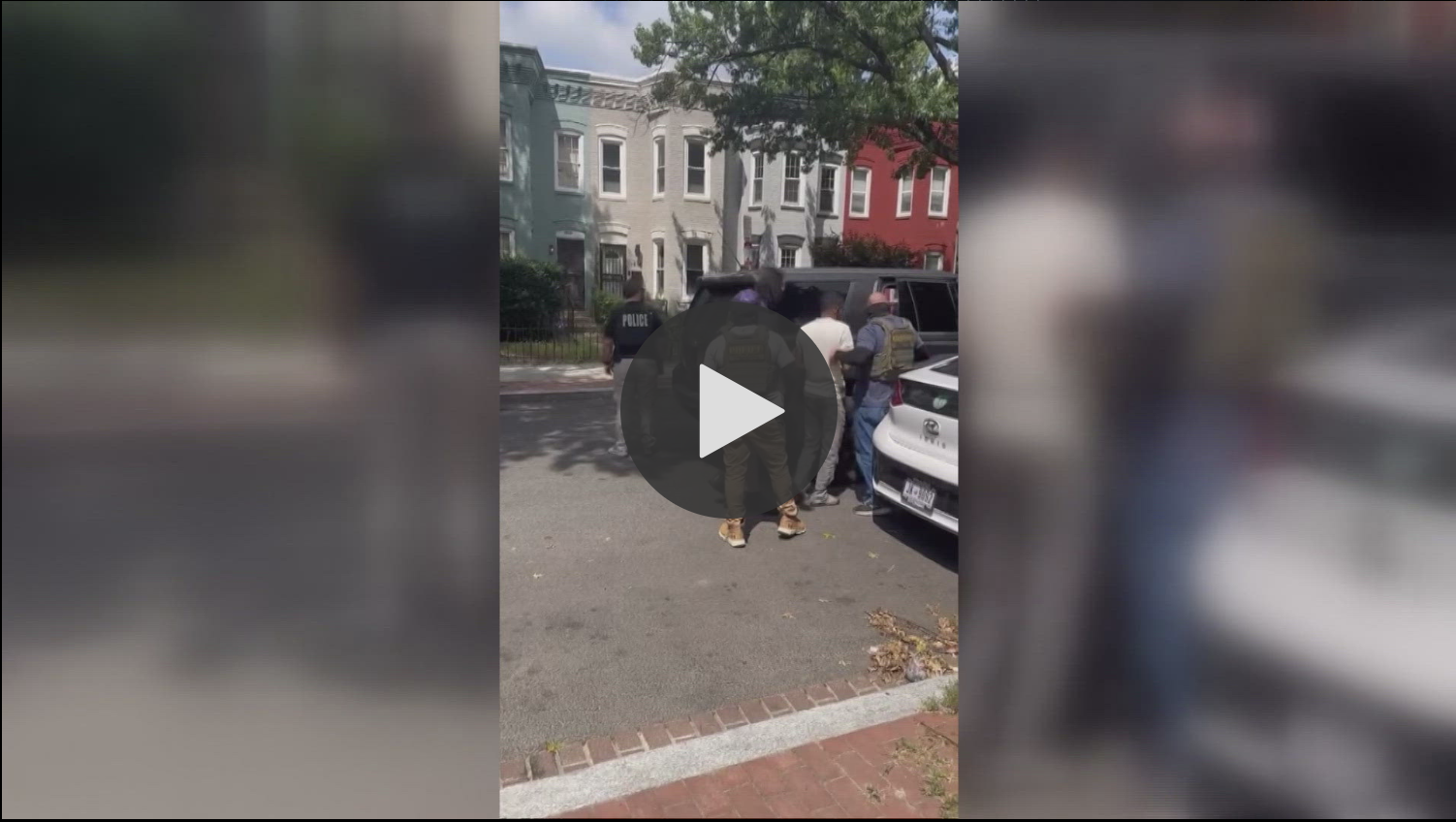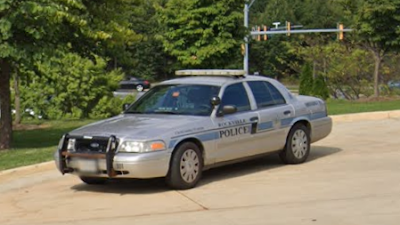Gun laws and self-defense rights are some of the most hotly debated topics in the United States. In Pennsylvania, the Stand Your Ground law has created a complex and often misunderstood framework for when a person may legally use deadly force in self-defense. With varying interpretations and legal implications, understanding the Stand Your Ground law in Pennsylvania is vital—especially for gun owners, legal professionals, and everyday citizens alike.
Whether you’re in downtown Philadelphia, the suburbs of Pittsburgh, or the quieter corners of Allentown or Erie, knowing your rights and responsibilities under this law could be a matter of life and death.
What Is a Stand Your Ground Law?
A Stand Your Ground law allows a person to use force—including deadly force—without retreating, if they reasonably believe such force is necessary to prevent imminent death or serious bodily harm. Unlike the traditional self-defense doctrine, which often requires a person to attempt to flee if safely possible, Stand Your Ground laws eliminate that duty to retreat in specific circumstances.
Pennsylvania’s Self-Defense Laws: A Historical Overview
Pennsylvania has long recognized the right of individuals to defend themselves, going back to English common law precedents. However, the legal language began to shift significantly in 2011, when the state legislature passed new laws expanding upon the Castle Doctrine and adopting Stand Your Ground principles.
Prior to 2011, the state’s laws required individuals to retreat before using deadly force in public, if it was safe to do so. The new legislation altered this standard, aligning Pennsylvania more closely with states like Florida and Texas that had already adopted aggressive Stand Your Ground policies.
The Castle Doctrine vs. Stand Your Ground
The Castle Doctrine is the legal concept that a person has the right to use reasonable, and sometimes deadly, force to protect their home, vehicle, or other property without the duty to retreat. This doctrine is deeply embedded in American legal culture.
Stand Your Ground, however, extends this principle beyond the home. It permits a person to defend themselves without retreat in any place they are lawfully present.
In Pennsylvania, both doctrines coexist. The Castle Doctrine covers one’s dwelling or occupied vehicle, while Stand Your Ground extends this right to public spaces—under specific conditions.
Key Provisions of Pennsylvania’s Stand Your Ground Law
Here are the main elements of Pennsylvania’s law:
-
A person has no duty to retreat if they are in a place where they have a legal right to be.
-
They must reasonably believe that the force is necessary to prevent death, serious bodily injury, kidnapping, or sexual assault.
-
The aggressor must display a firearm or other deadly weapon.
-
The defender must not be engaged in criminal activity at the time.
Duty to Retreat: What Changed After 2011
Before 2011, individuals in Pennsylvania were expected to retreat from a threat in public places—if it was safe to do so—before using deadly force.
The Act 10 of 2011 changed that by removing the duty to retreat in public places, provided that:
-
The individual is not engaged in illegal activity.
-
They are in a place where they have the legal right to be.
-
They are faced with an immediate threat involving a deadly weapon.
This reform significantly broadened the legal protections available to individuals using deadly force in self-defense.
Where the Law Applies: Home, Vehicle, and Public Spaces
Stand Your Ground in Pennsylvania applies in a variety of locations:
-
In the home: Full immunity applies under the Castle Doctrine.
-
In a vehicle: Occupied vehicles are treated the same as the home.
-
In public places: If all legal conditions are met, deadly force is permitted without a duty to retreat.
So whether you’re walking through Center City in Philadelphia, on a hiking trail near Scranton, or filling your tank at a gas station in Erie, the law may apply.
Conditions Required to Justify Deadly Force
Deadly force can be used under Pennsylvania’s law if:
-
The threat involves a firearm or other lethal weapon.
-
The individual using force is not the initial aggressor.
-
The person is not violating any law (such as carrying a firearm without a license).
-
The person has a reasonable belief that deadly force is necessary to avoid death or serious injury.
Importantly, the “reasonable belief” standard means the person must truly perceive danger and that perception must be justifiable under the circumstances.
Immunity from Prosecution and Civil Lawsuits
One of the more powerful aspects of Pennsylvania’s Stand Your Ground law is that it grants civil and criminal immunity under certain conditions.
If the use of deadly force is deemed legally justified:
-
Criminal charges are typically not filed.
-
The individual cannot be sued by the attacker or their family.
This immunity provision is meant to prevent legal harassment of individuals who lawfully defended themselves.
High-Profile Cases in Pennsylvania
Pennsylvania has seen a number of high-profile incidents involving the Stand Your Ground law. While many cases are resolved quietly, some gain media attention, particularly those involving racial tensions, controversial shootings, or unclear interpretations of what constitutes “reasonable belief.”
For example, incidents in Harrisburg and Reading have sparked local debates, especially when surveillance footage or eyewitness reports contradict initial claims of self-defense.
Public Opinion and Legal Controversies
Public opinion in Pennsylvania is sharply divided. Urban communities, such as Philadelphia and Pittsburgh, often view the law with suspicion, fearing it could be used to justify vigilantism. Rural communities and Second Amendment advocates, however, generally support the law as a protection of individual freedom.
The law’s ambiguity, particularly regarding what constitutes a “reasonable” fear, continues to fuel debate.
Role of Law Enforcement in Stand Your Ground Situations
Police officers in Pennsylvania face a difficult task when responding to Stand Your Ground cases. Unlike clear-cut criminal assaults, these incidents often depend on:
-
Witness testimony
-
Surveillance footage
-
Forensic evidence
-
The state of mind of the shooter
Law enforcement must decide whether to file charges or defer to a grand jury, making these cases some of the most difficult to prosecute or defend.
Training, Concealed Carry, and Legal Responsibility
Anyone carrying a firearm in Pennsylvania should undergo proper training, including legal education on self-defense laws. Concealed carry license holders are not exempt from the rules of Stand Your Ground and may be held accountable if they misuse deadly force.
Legal gun owners in Allentown, York, or Bethlehem should all be aware that ignorance of the law is not a defense.
Differences Between Pennsylvania and Other States
While Pennsylvania does have a Stand Your Ground law, it’s less expansive than states like Florida or Georgia. Here’s how it compares:
-
Pennsylvania: Requires the attacker to display a deadly weapon.
-
Florida: No requirement for a weapon to be visible.
-
New York and New Jersey: Still require a duty to retreat in public spaces.
This distinction can be significant in court.
Criticisms and Calls for Reform
Critics argue the law may:
-
Encourage reckless behavior
-
Be unevenly applied across racial lines
-
Lead to unnecessary loss of life
Civil rights groups in cities like Chester and Wilkinsburg have called for more stringent definitions and increased prosecutorial oversight.
City-by-City Application: Philadelphia, Pittsburgh, Allentown, Erie, and More
-
Philadelphia: As the most densely populated city, concerns center on how the law impacts gun violence and racial disparities.
-
Pittsburgh: The city has called for increased training for gun owners and proposed amendments to better clarify what qualifies as self-defense.
-
Allentown: Local law enforcement encourages responsible gun ownership and hosts public workshops on gun laws.
-
Erie: Officials have pointed out a rise in self-defense claims in domestic disputes.
-
Harrisburg: Legislators have both supported and challenged aspects of the law, depending on party lines.
The Role of Race and Social Disparities
Data suggests that the Stand Your Ground law may not be applied equally across racial lines. Cases involving white shooters and Black victims are statistically more likely to result in acquittals, compared to the reverse.
Civil rights groups have urged courts to examine potential bias in how “reasonable fear” is interpreted.
How to Stay Protected Legally
For those living in Pennsylvania, here are some guidelines:
-
Understand the law: Read and stay updated on legal changes.
-
Get training: Know when and how to use force properly.
-
Avoid confrontation: The best self-defense is de-escalation.
-
Document incidents: If a self-defense situation occurs, contact law enforcement immediately and retain legal counsel.
Future of Stand Your Ground Laws in Pennsylvania
While no immediate overhaul appears likely, the debate around Stand Your Ground in Pennsylvania continues. With ongoing political shifts and increased gun violence statistics, some lawmakers are advocating for:
-
Clearer definitions of “imminent threat”
-
Mandatory body camera usage by police during post-shooting investigations
-
A return to the duty to retreat standard in certain cases
Final Thoughts
The Pennsylvania Stand Your Ground law is a complex and powerful statute. It grants individuals the right to defend themselves—but only under strict and specific conditions. While intended to protect innocent lives, its misuse or misinterpretation can lead to tragedy, injustice, or even legal ruin.
Whether you’re a resident of Philadelphia, Pittsburgh, Erie, or anywhere else in the Keystone State, understanding your rights and responsibilities is not just wise—it’s essential.
















Leave a Reply